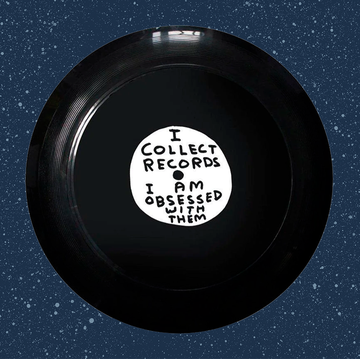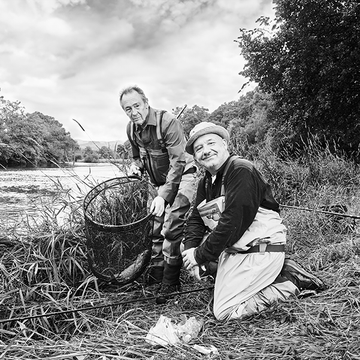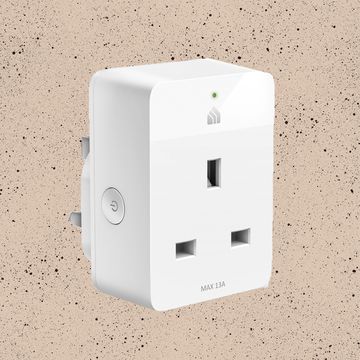If you've ever had a dog, chances are you have been convinced that Fido can speak English. After all, if you say "treat" or "squirrel" in practically another room, your dog will either zoom to your side to beg for food, or head to the nearest window to patrol for wildlife. A new scientific study proves that it's not just your imagination: your dog knows not only what you're saying, but the tone you use to say it.
Researchers at Eötvös Loránd University in Budapest, Hungary trained dogs to lie still in an fMRI scanner while researchers monitored their brain activity. While in the scanner, dogs listened to different combinations of words and tones that indicated praise or neutrality. Their trainers spoke praise words (like "super" or "good boy") with a neutral tone, praise words with a praising tone, neutral words (like "however" or "nevertheless") with a praising tone, and neutral words with a neutral tone. Meanwhile, the scanner was picking up the dogs' brain activity to see how they processed what they were hearing.
The study, which will be published in the journal Science, found that dogs process both the vocabulary and the intonation of the words they heard. And they process that information just like humans do, in the left hemisphere of their brains for vocabulary and the right hemisphere of the brain for intonation. Reward centers of their brains lit up the most in the scanner when praising words were met with a praising tone, which makes sense.
"This shows … that dogs not only separate what we say from how we say it, but also that they can combine the two for a correct interpretation of what those words really meant," lead author Attila Andics said in a press release.
According to the New York Times, your dog still might respond happily if you say something mean in a happy voice, but that might be because she's factoring in your body language and facial expressions, too. So if you keep saying "bad dog," but in a way that appears happy, you might inadvertently be training your pet to think "bad dog" means "good dog." And then all bets are off.













